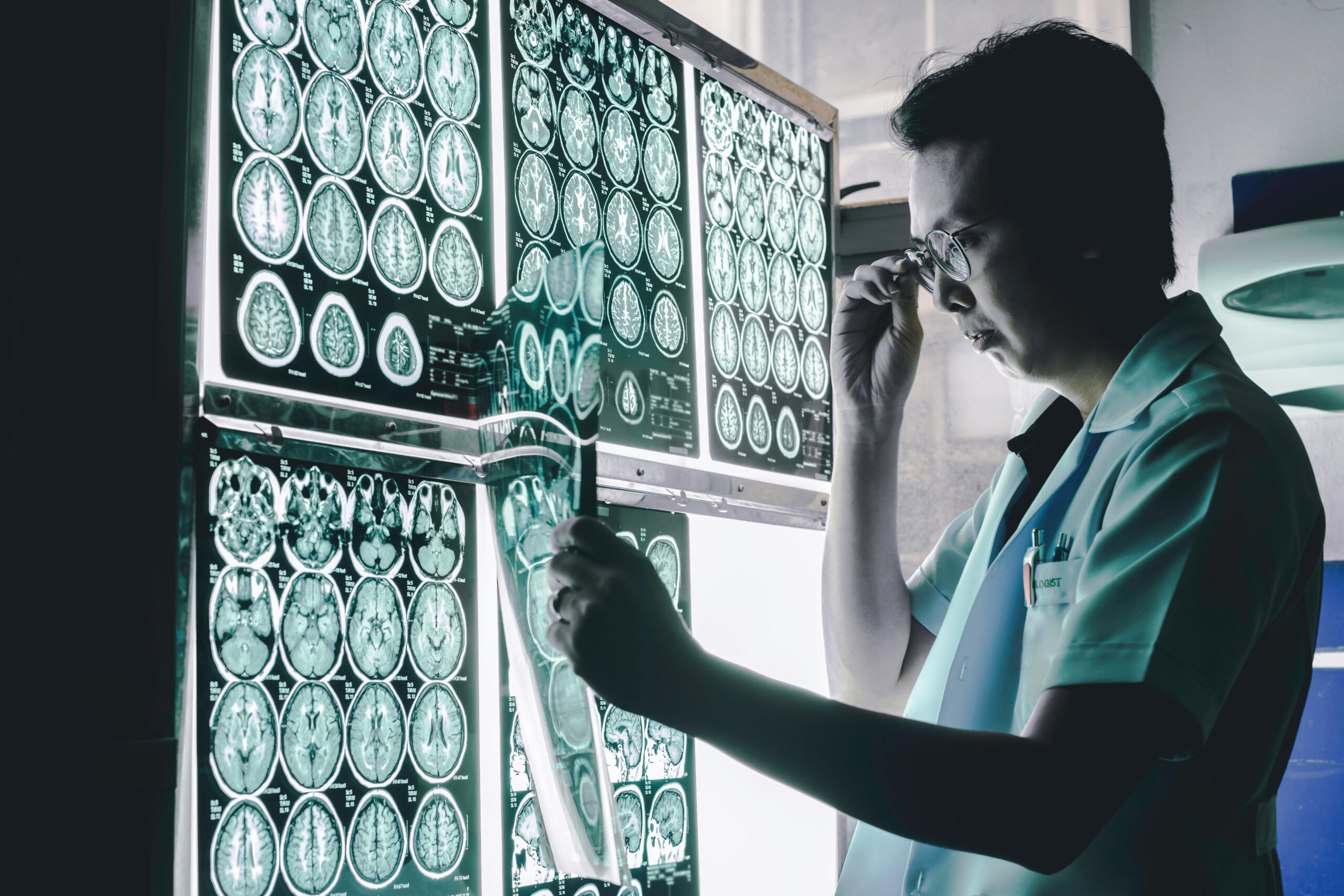Are there menopause considerations for kidney health
**Menopause and Kidney Health: What You Need to Know**
Menopause brings many changes, and while hot flashes and mood swings often take center stage, kidney health deserves attention too. Here’s how menopause might affect your kidneys—and what you can do about it.
—
### Hormones, Heart Health, and Kidneys
During menopause, estrogen levels drop sharply. Estrogen isn’t just for reproduction—it helps keep blood vessels flexible and supports heart health[2]. When estrogen declines, cholesterol levels often rise, increasing the risk of artery plaque buildup (atherosclerosis)[2]. While this directly impacts heart health, narrowed arteries can also reduce blood flow to organs like the kidneys[1][2]. Reduced blood flow may strain kidney function over time, especially in those with existing conditions like chronic kidney disease (CKD)[1].
—
### Bone Loss and Kidney Concerns
Bone density drops during menopause due to lower estrogen[4], raising osteoporosis risk. But bones aren’t the only concern—kidneys play a key role in balancing calcium and vitamin D levels[5]. If bones weaken further due to vitamin D deficiency (common in menopause), the kidneys may work harder to manage these nutrients[5]. Low vitamin D is also linked to higher heart disease risk[5], which indirectly affects kidney health by stressing the cardiovascular system.
—
### Symptoms That Overlap
Some menopausal symptoms mirror kidney issues: fatigue or sleep troubles could stem from either hormonal shifts or declining kidney function[1][3]. For example, a woman recently mistook her stage 4 kidney cancer symptoms for menopause until diagnosis revealed the truth[3]. This highlights why persistent or unusual symptoms (like unexplained weight loss or pain) warrant medical evaluation rather than assuming they’re “just menopause.”
—
### Protecting Your Kidneys During Menopause
– **Monitor cholesterol**: Statins may help lower LDL (“bad”) cholesterol if diet/exercise aren’t enough[2], but discuss risks like rare muscle/kidney side effects with your doctor first[2].
– **Prioritize vitamin D**: Ask your doctor about testing levels—supplements might protect bones *and* heart health during menopause transitions[5].
– **Stay hydrated**: Kidneys thrive on consistent fluid intake. Water helps flush toxins efficiently.
– **Screen regularly**: If you have high blood pressure or diabetes (common post-menopause), regular kidney function tests can catch issues early before they worsen silently over time as seen in CKD cases mentioned earlier [1][3].
By staying proactive about overall wellness—heart-healthy diets included—you support both hormonal balance *and* organ resilience through this life stage!





